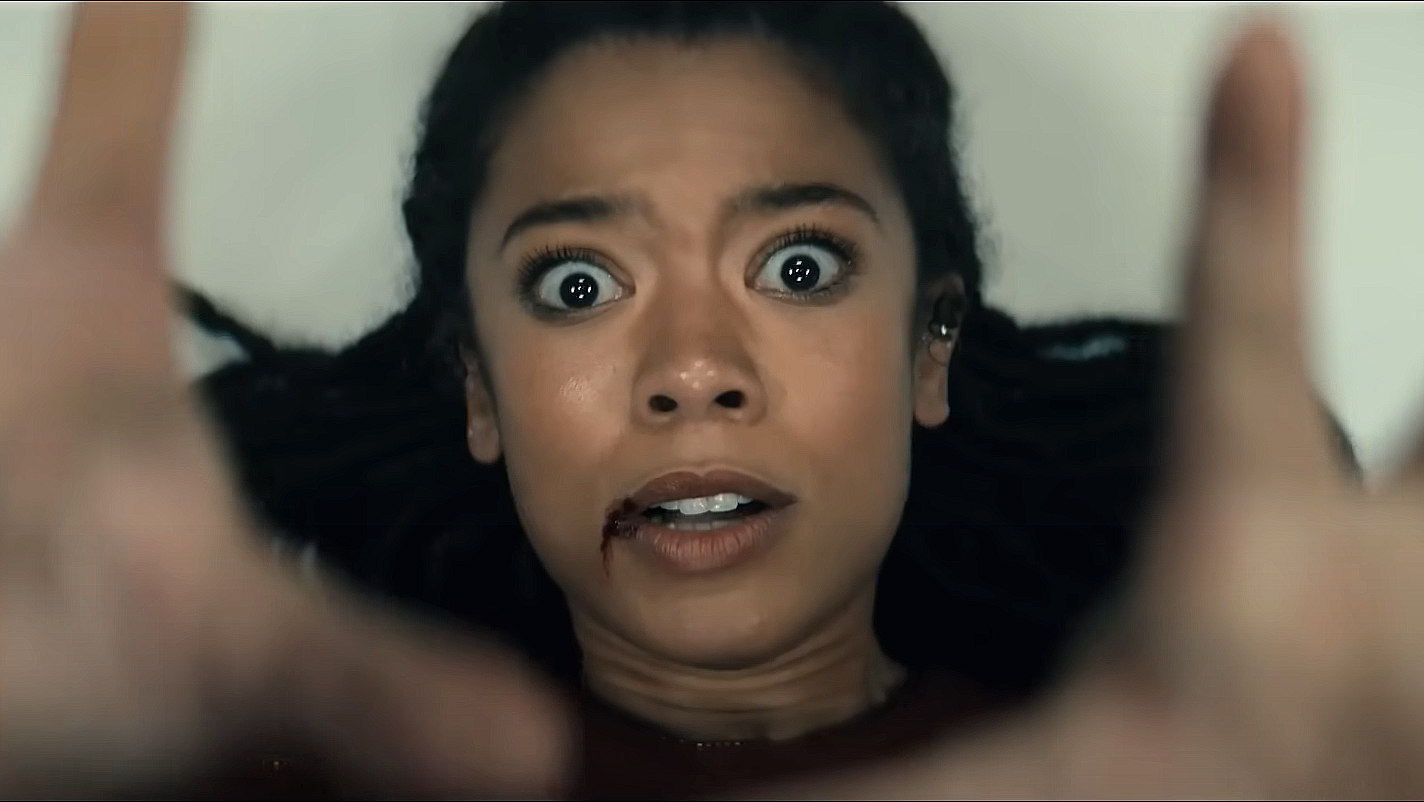
September 20, 2025
Has the nation’s largest health care company exploited incentives in the federal insurance program for seniors?
By Mike Hughlett and
Christopher Snowbeck
The Minnesota Star Tribune
Most upcoding may not be illegal, but it’s wasteful and unwise, said Dr. Don Berwick, administrator of the Centers for Medicare and Medicaid Services during the Obama administration.
“It was taking public money and putting it in the pockets of insurers,” Berwick said.
Responding to incentives
In original Medicare, the government pays clinics and hospitals a fee after every medical service, whether it’s an X-ray or heart surgery.
But health experts argued this “fee for service” system created incentives to waste money on duplicative and unnecessary care.
With Medicare Advantage, the government sought to discourage waste by paying insurers a fixed amount per enrollee, regardless of the care provided. But since fixed payments could push insurers to avoid covering sicker and more expensive patients, the government agreed to pay Medicare Advantage plans extra for those with more documented health problems.
For example, MedPAC says an 80-year-old man in typical health in the program may have prompted the government to pay $6,726 to cover his health care costs in 2022.
When his health plan submits data showing he has diabetes without complications, the payment grows by $1,284, MedPAC wrote in March. Additional coding for vascular disease brings in $3,620 more, raising his total to $11,630. The insurer keeps the money even if the patient isn’t treated for either condition.
That’s how Medicare Advantage incentivizes insurers to report as many codes as possible.
Keating, the Boston physician, suspected upcoding in UnitedHealth’s home health assessment of Mrs. G.
Mrs. G. had been diagnosed by the insurance company’s clinician with chronic pain, morbid obesity and Type 2 diabetes with complications for cataracts and a type of nerve damage called polyneuropathy.
In Keating’s diagnosis, Mrs. G had a relatively common spinal malady, but without pain. She was obese, but not morbidly so. She did not have cataracts or polyneuropathy. And while testing put Mrs. G in the pre-diabetic range, she did not have diabetes.
UnitedHealth said it could not respond directly to Keating’s account. But the company said most diagnoses made during in-home visits are not used to generate payments.



